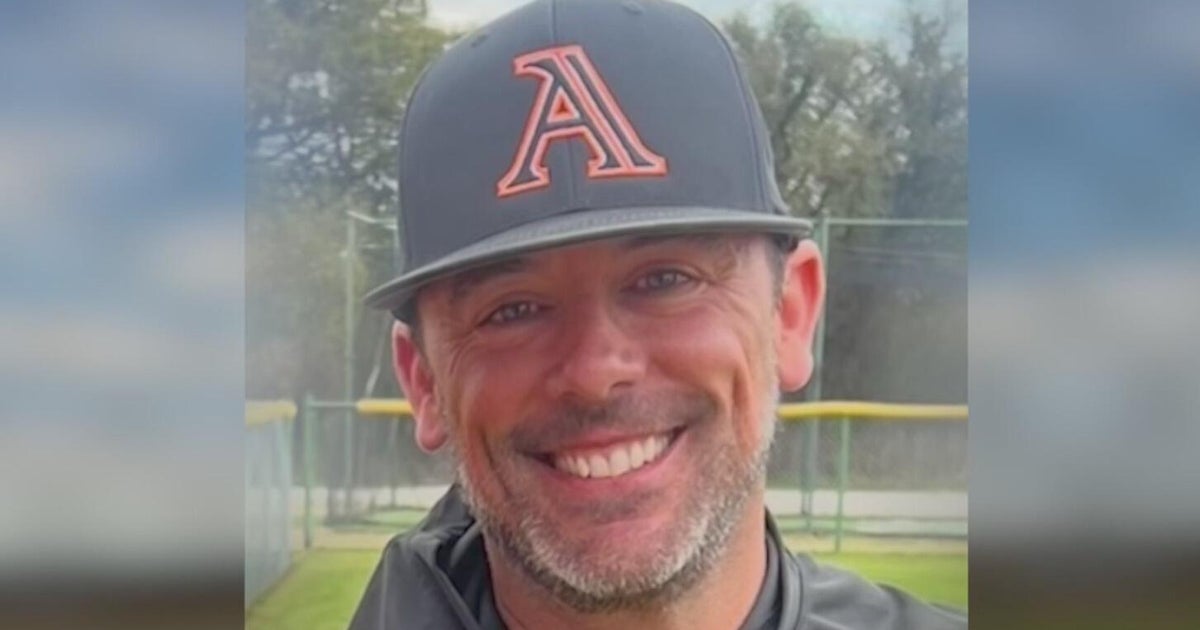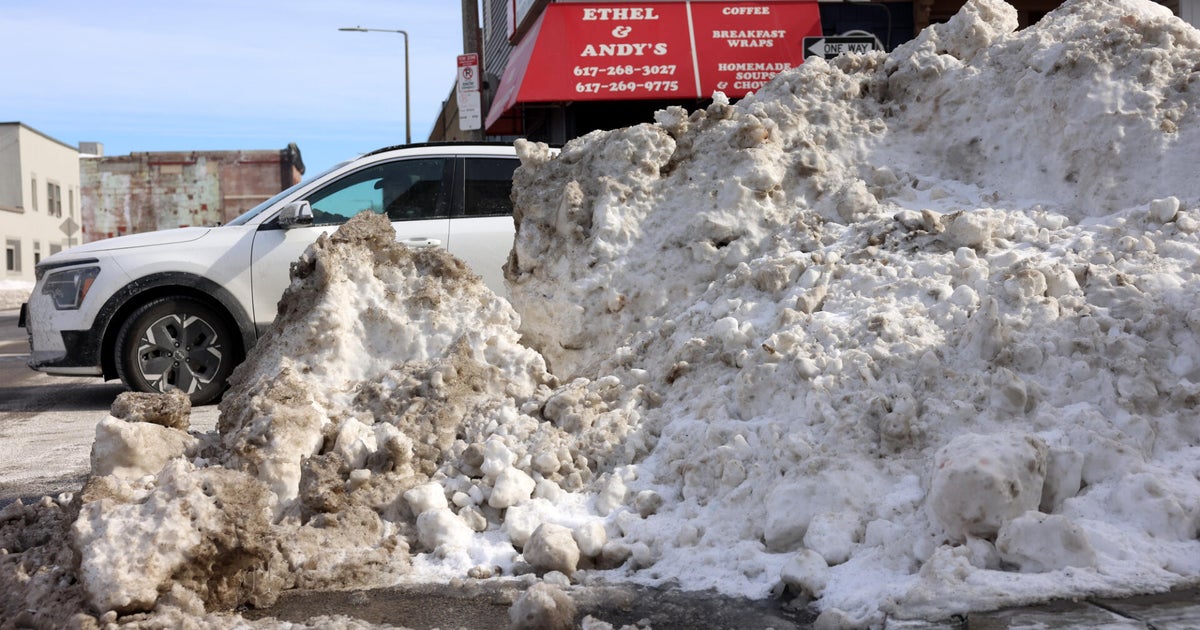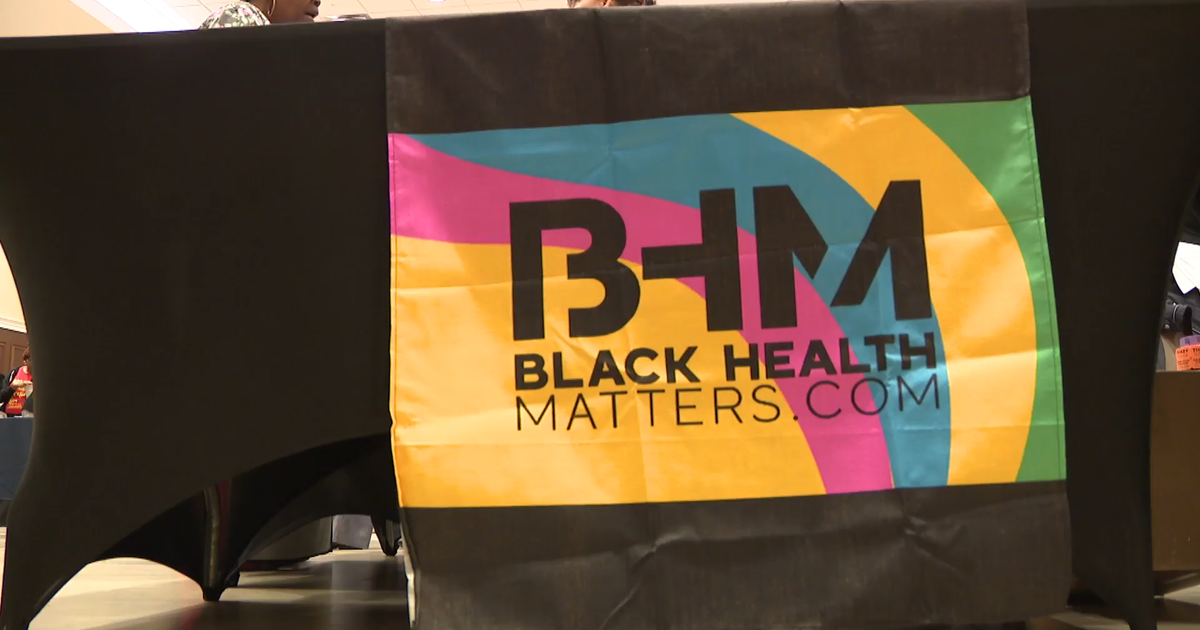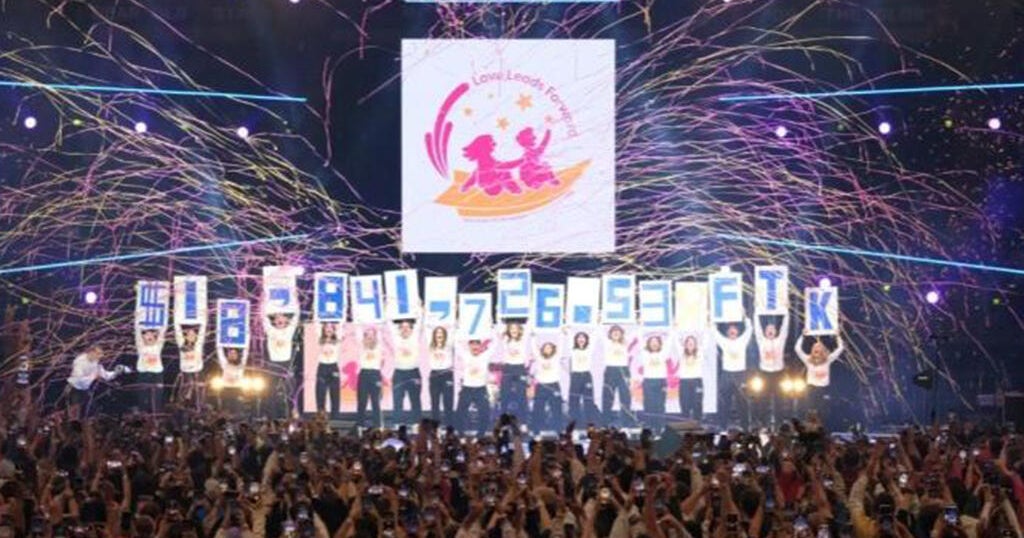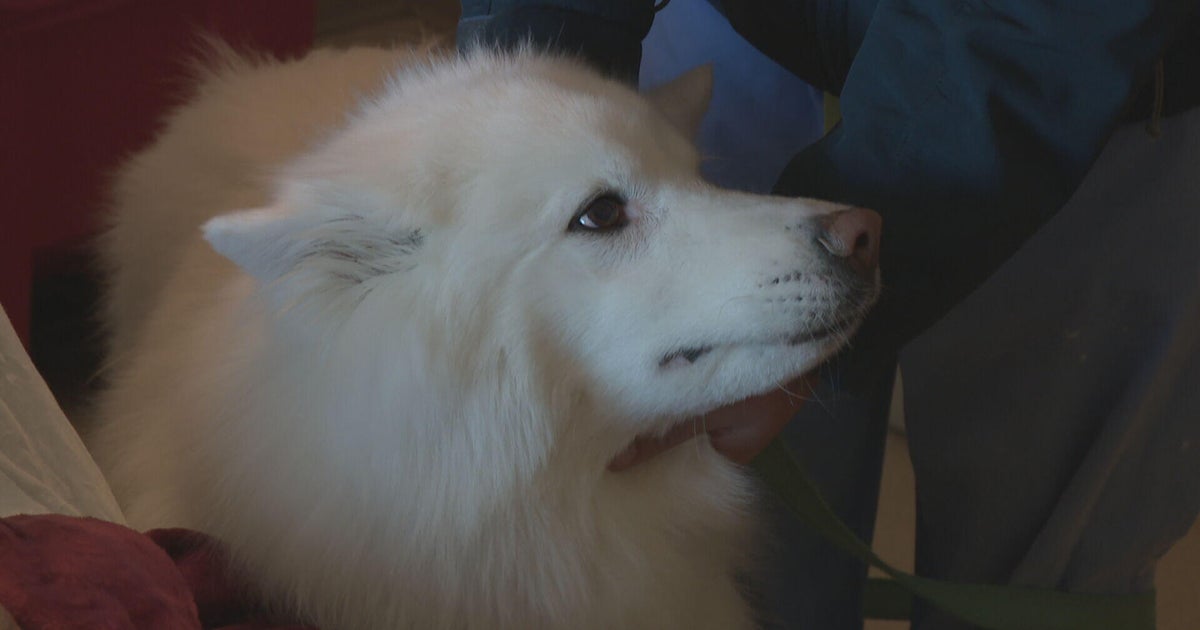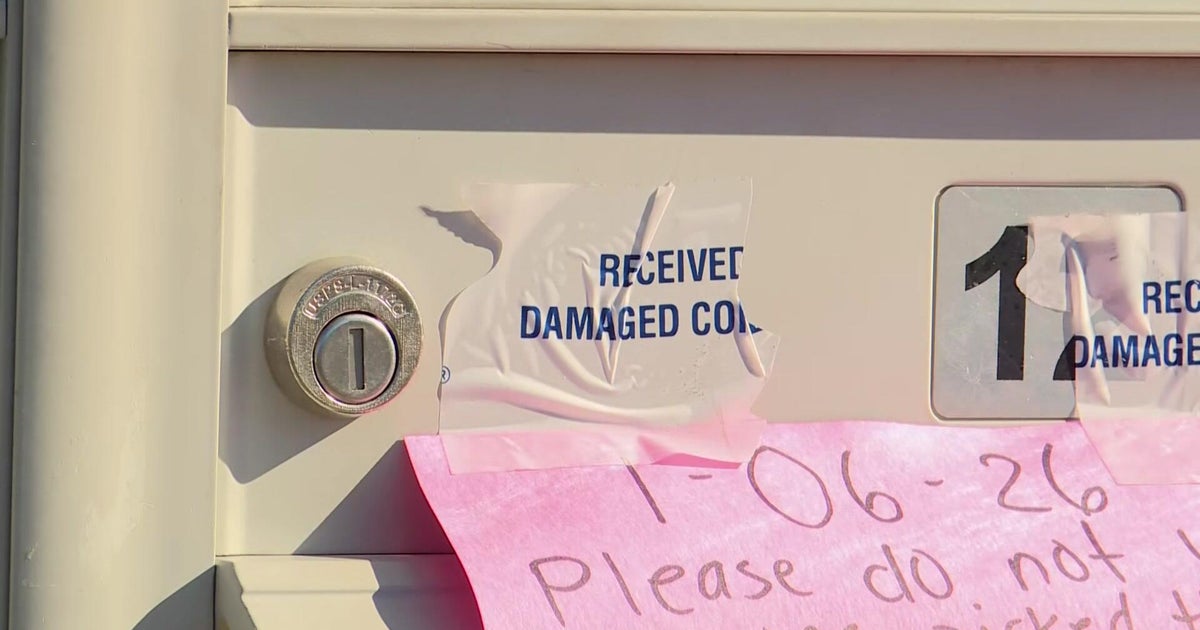Stanford Medicine Staff Say Residents, Fellows Passed Over for First COVID-19 Vaccinations
PALO ALTO (KPIX 5) -- On the same day the FDA granted emergency approval for Moderna's COVID-19 vaccine, disputes are breaking out over who should be prioritized.
Stanford Medicine doctors and nurses protested Friday over the distribution of coronavirus vaccinations to frontline workers. Protesters said vaccines have not been given to some doctors who are in close contact with coronavirus patients.
Stanford Medical Center was scheduled to start vaccinating frontline health care workers Friday morning with the 5,000 doses of the Pfizer vaccine already on hand. More than 100 doctors staged a demonstration Friday morning, saying the way Stanford Medicine is prioritizing who gets those doses doesn't make sense.
"First in the room, back of the line!" That's what the residents and fellows were chanting as they demonstrated at Stanford. They said that, even though they're the ones who are taking care of COVID patients, they are not included in the first round of vaccinations.
"The people who are most likely to get coronavirus are not being protected so they can protect other people," said Dr. Charles Marcus who is an anesthesiology resident at Stanford.
Most of the demonstrators were residents and fellows, doctors who've already graduated from medical school and are now doing years of specialized training. They say they are often the ones treating COVID patients, yet only 7 of the 1300 residents were on the initial list to get a vaccine.
"We see all these people who should be in the first wave of getting access to vaccines and they're telling us that they're not," said Dr. Angela Primbas, an internal medicine resident.
The protesters said the hospital used an algorithm to determine who gets a shot now and who has to wait. They say ICU nurses, respiratory therapists, custodians and food service workers were left off the list while senior staff at the hospital got the first spots -- some of whom have been working from home or are working in specialties where they aren't likely to treat COVID patients.
"Sounds like some optometry clinics -- just random people -- are in the first wave but not the residents or fellows who are working on the front lines," said Dr. Janice Jiang, another internal medicine resident.
It's leading some to question whether the vaccines allotted for Stanford health care workers are really being given based on need.
"It's more about institutional culture and valuing and prioritizing people who are putting themselves at risk," said Dr. Jessica Buesing, an internal medicine resident.
It's an issue playing out across the state as public health leaders try to figure out how to distribute the vaccine fairly.
Stanford did release a statement Friday night apologizing for the initial vaccine distribution plan saying, "We take complete responsibility for the errors in the execution of our vaccine distribution plan. Our intent was to develop an ethical and equitable process for distribution of the vaccine. We apologize to our entire community, including our residents, fellows, and other frontline care providers, who have performed heroically during our pandemic response. We are immediately revising our plan to better sequence the distribution of the vaccine."
A fellow in the critical care medicine program at Stanford told KPIX "The leadership has listened to the concerns and are working hard to rectify the oversight."
Most Bay Area medical centers say they expect to have all of their workers vaccinated by the end of January.


